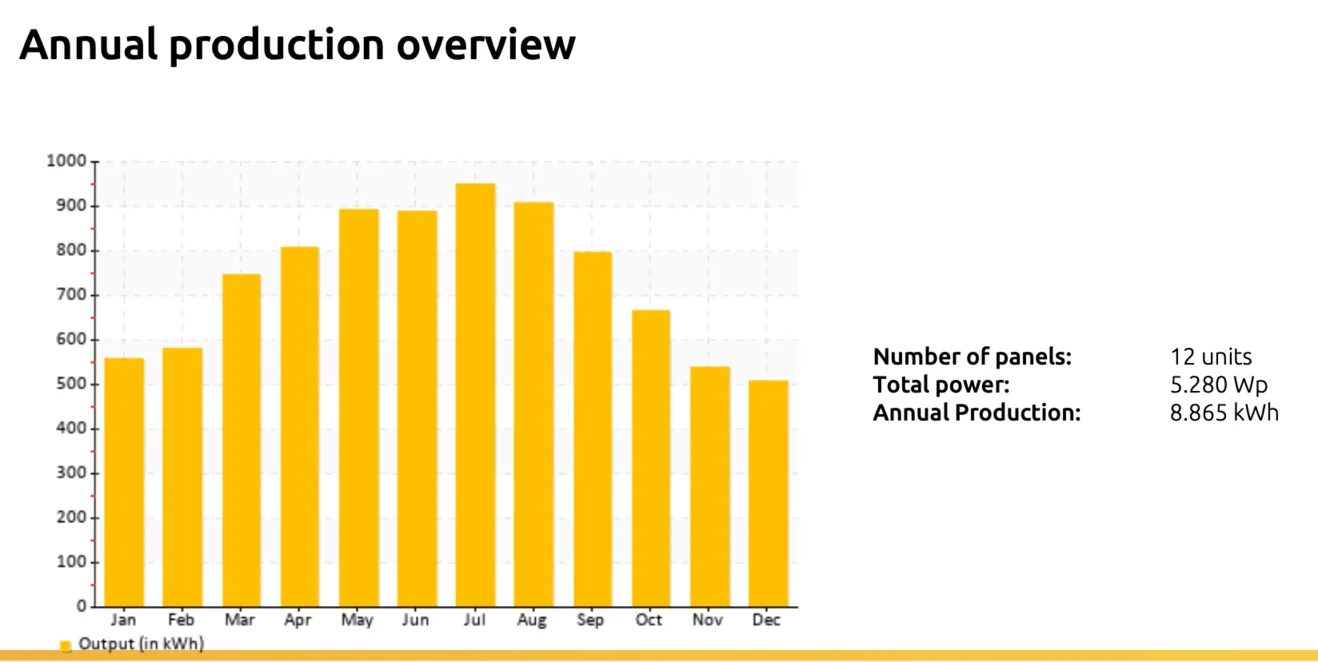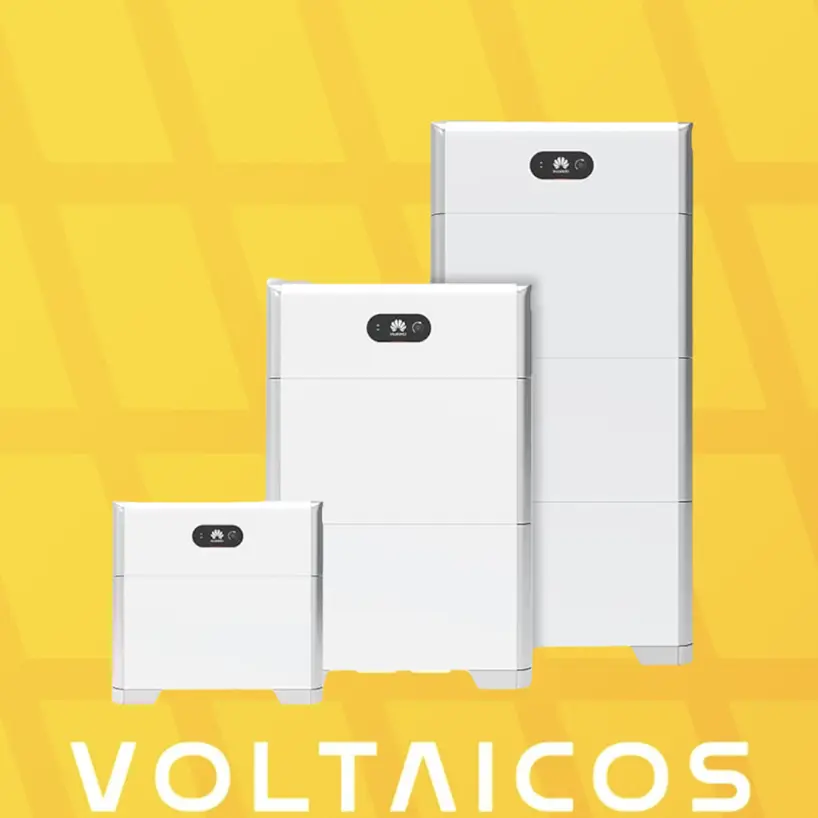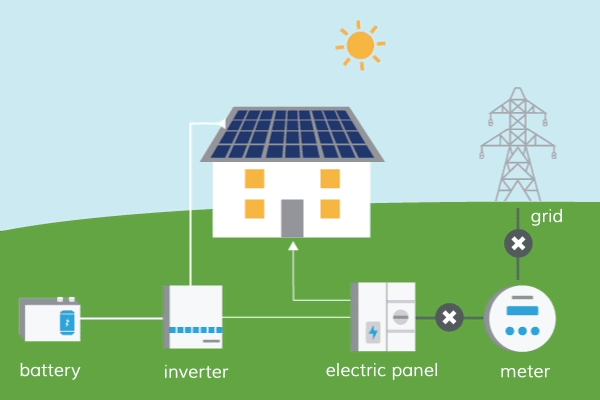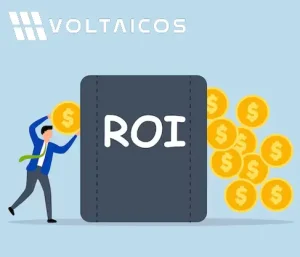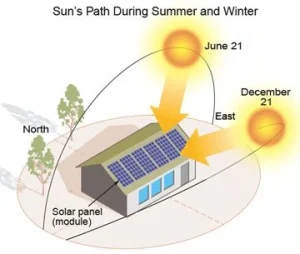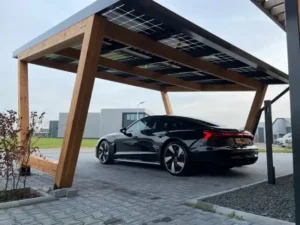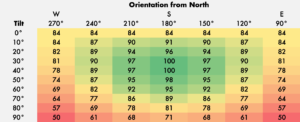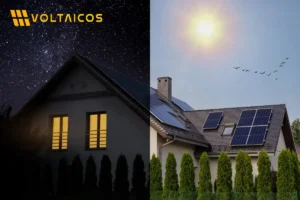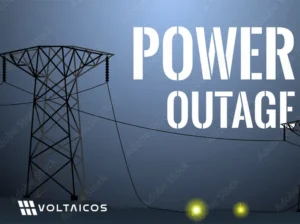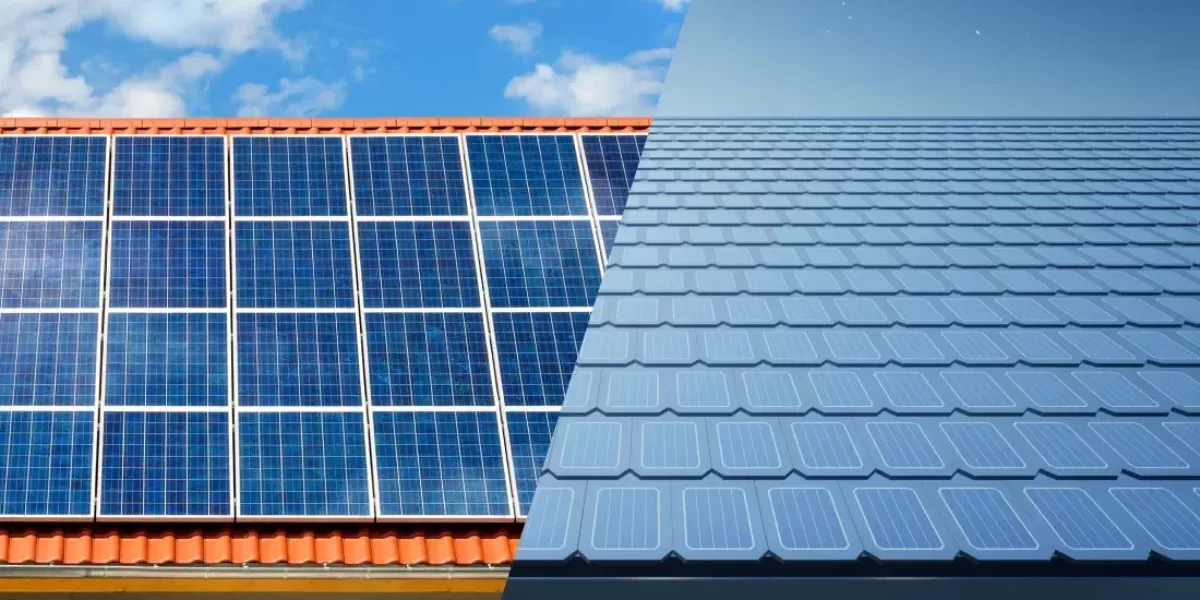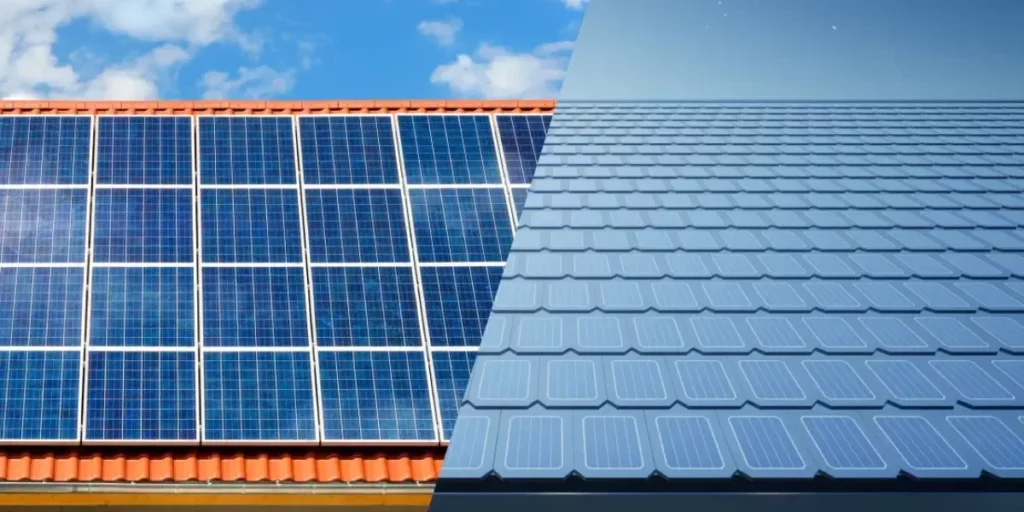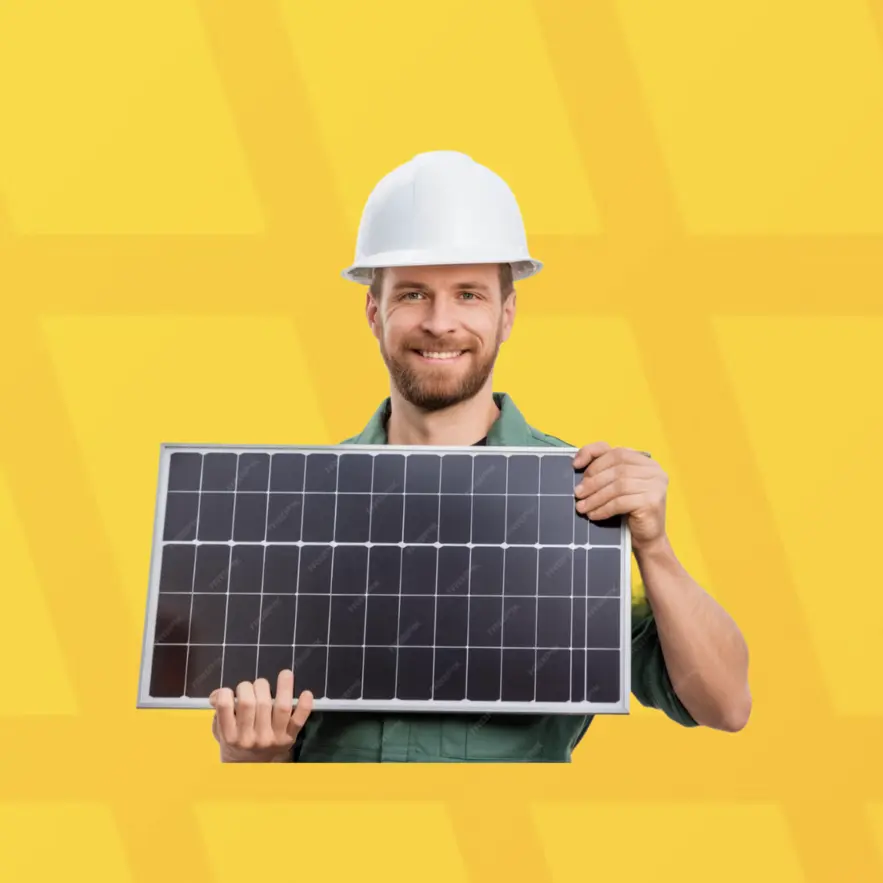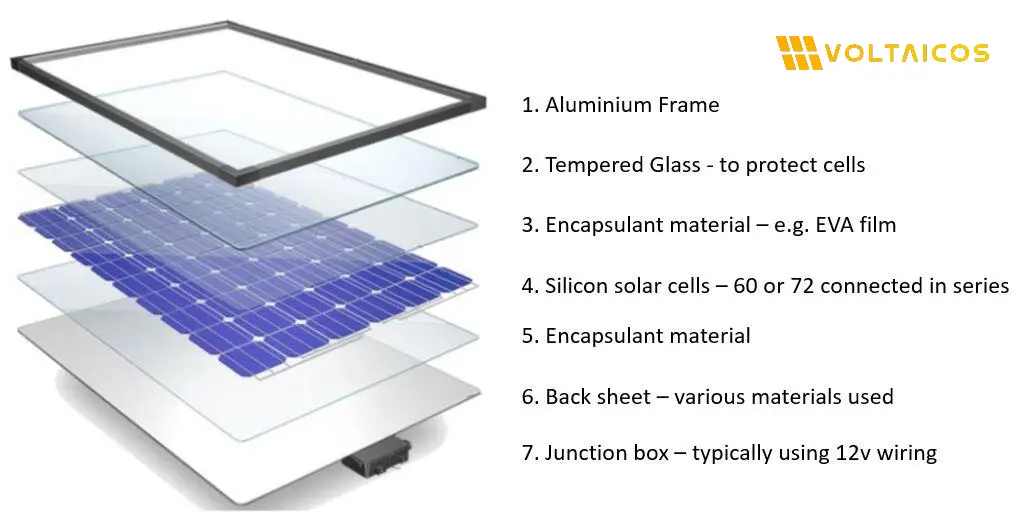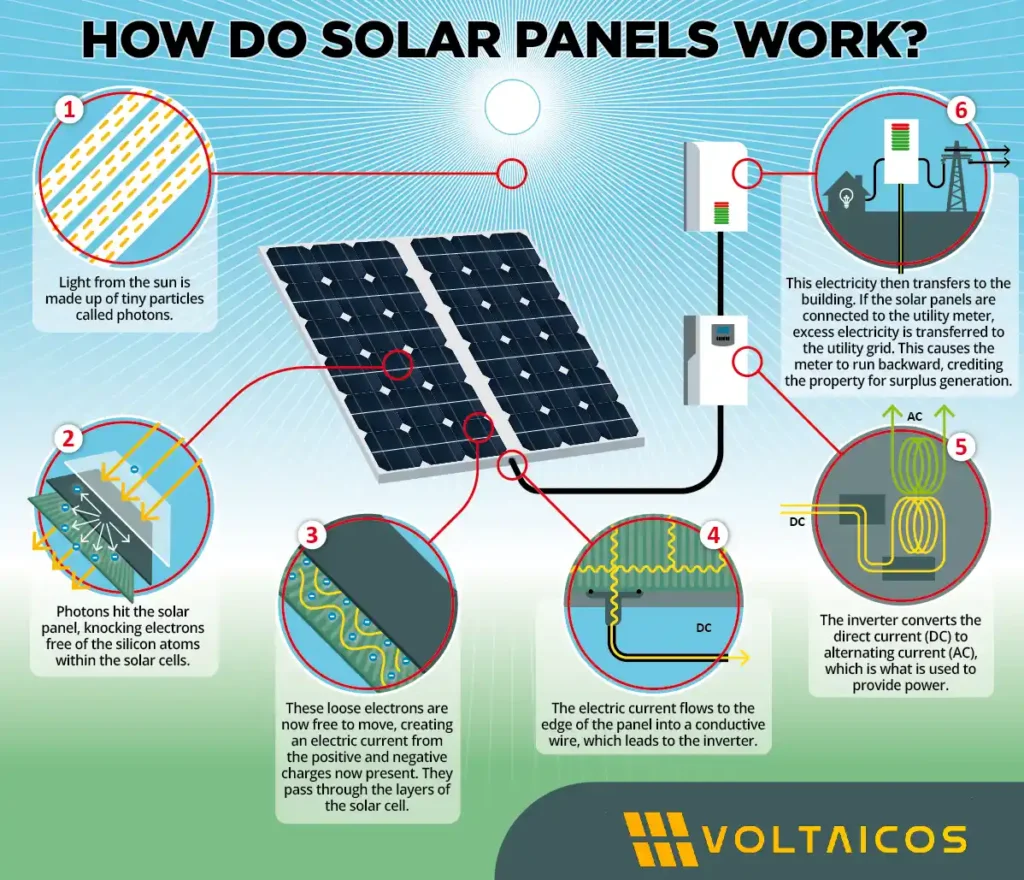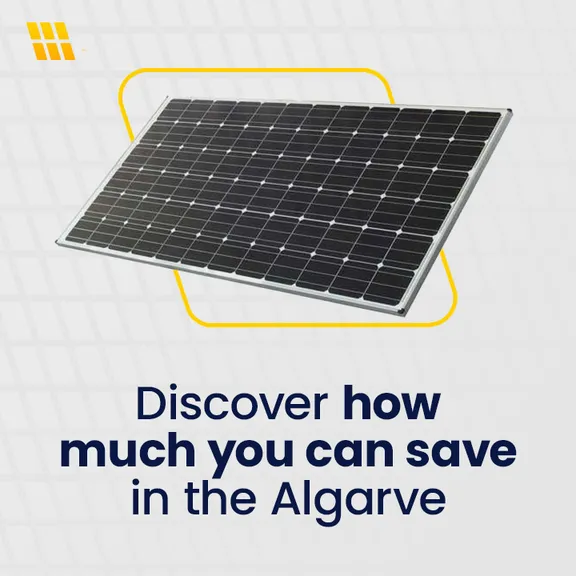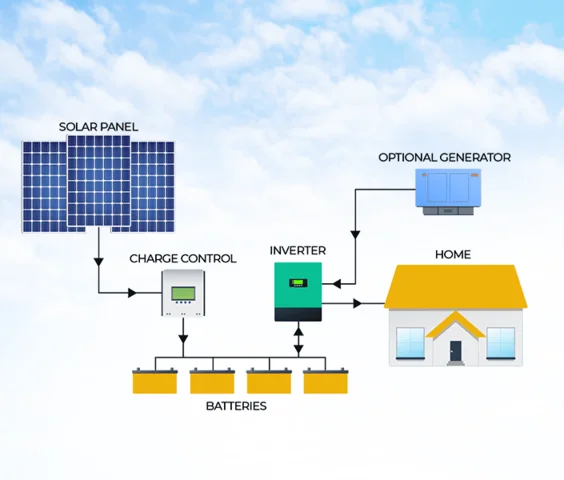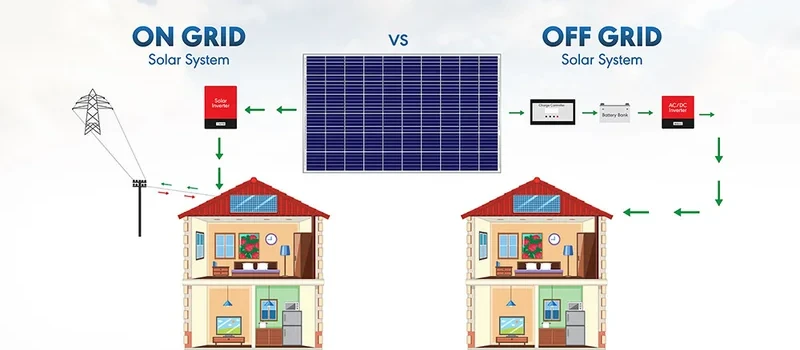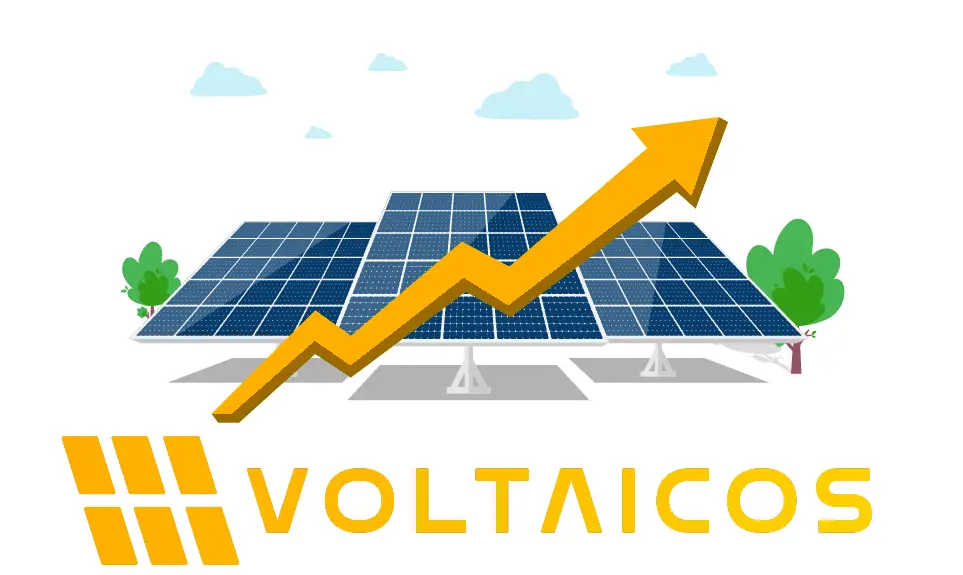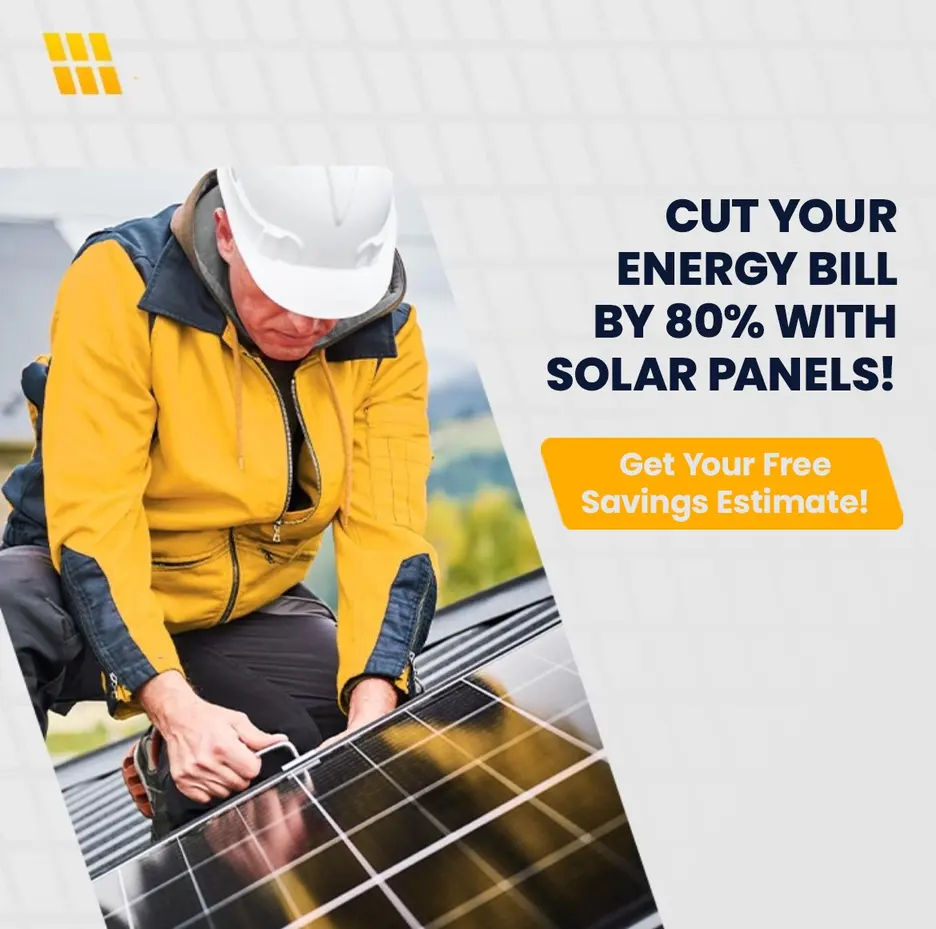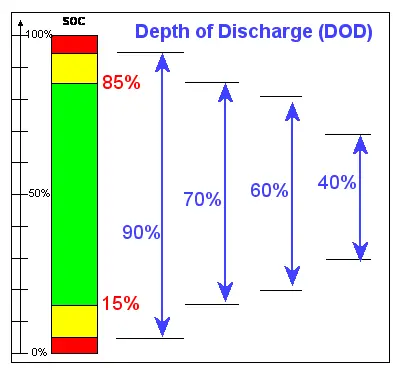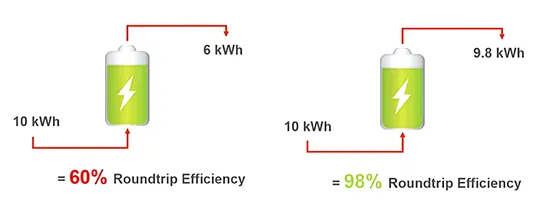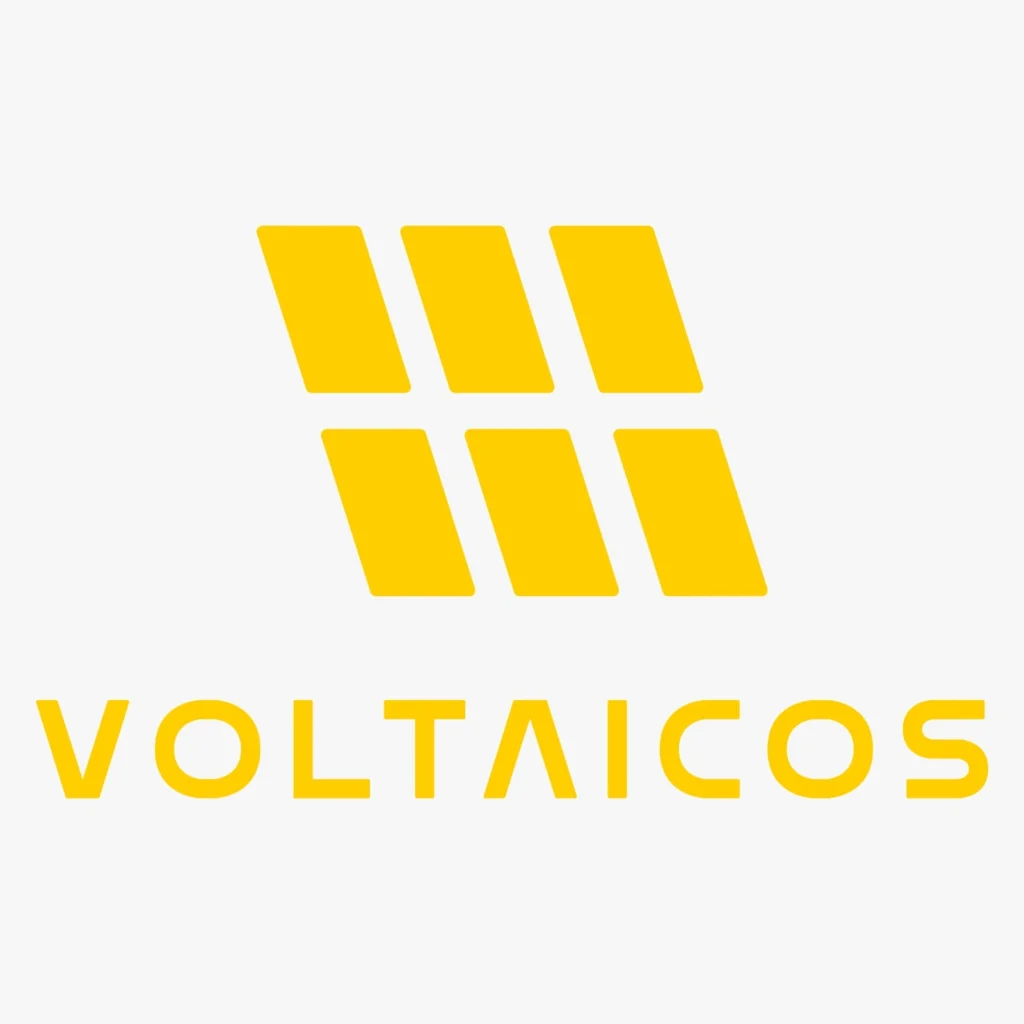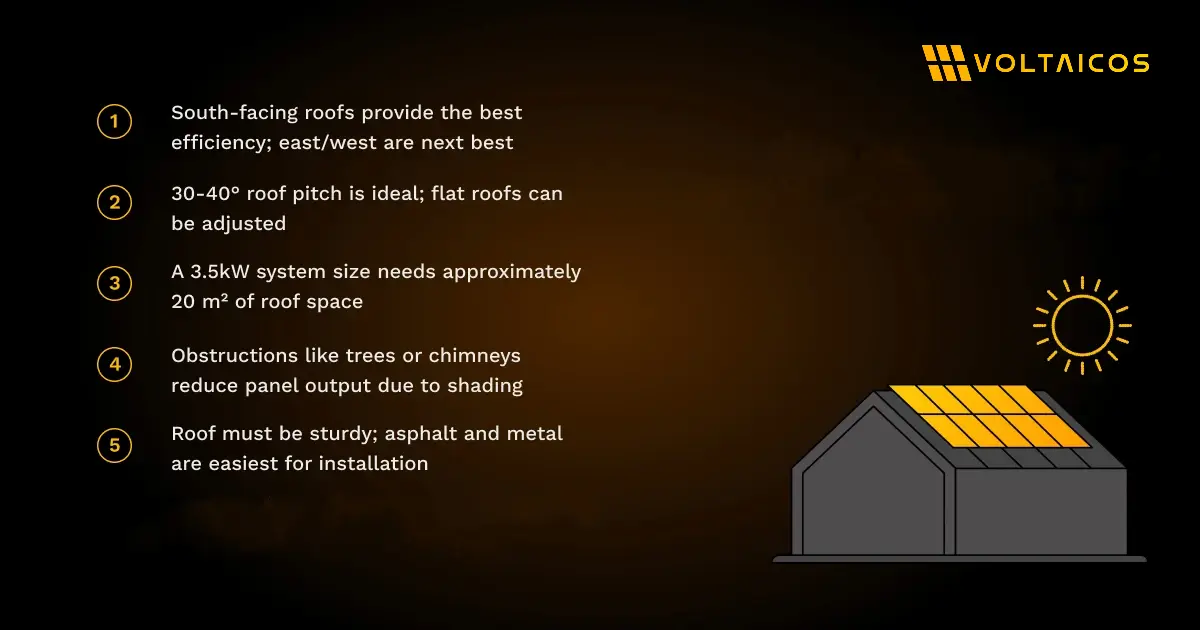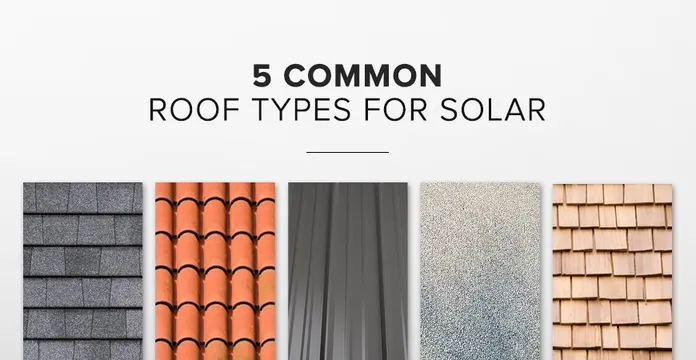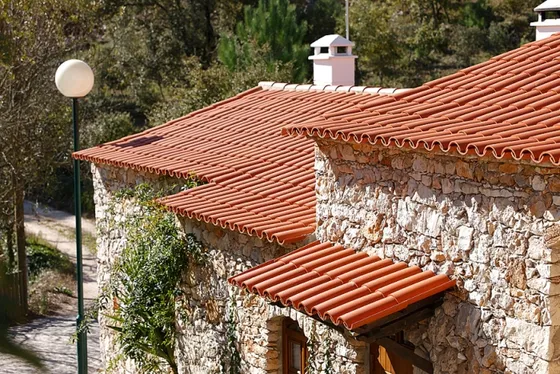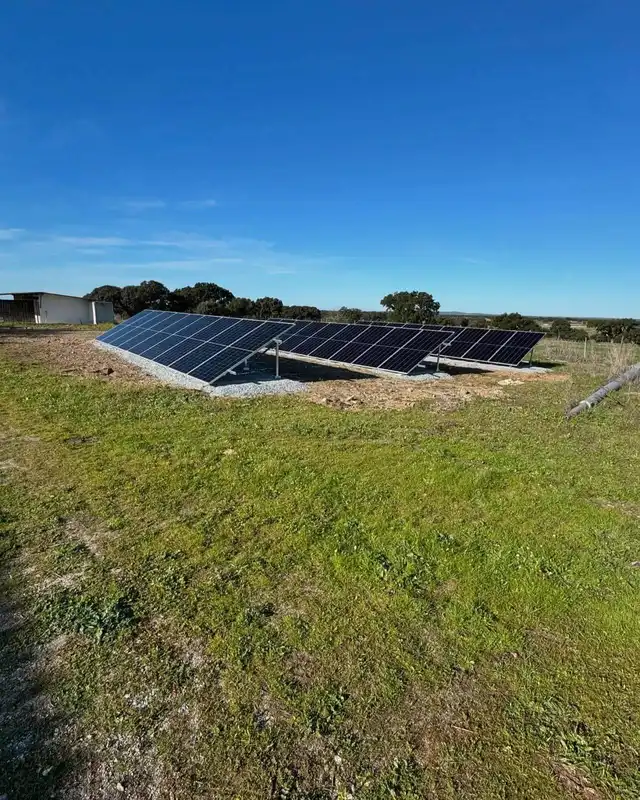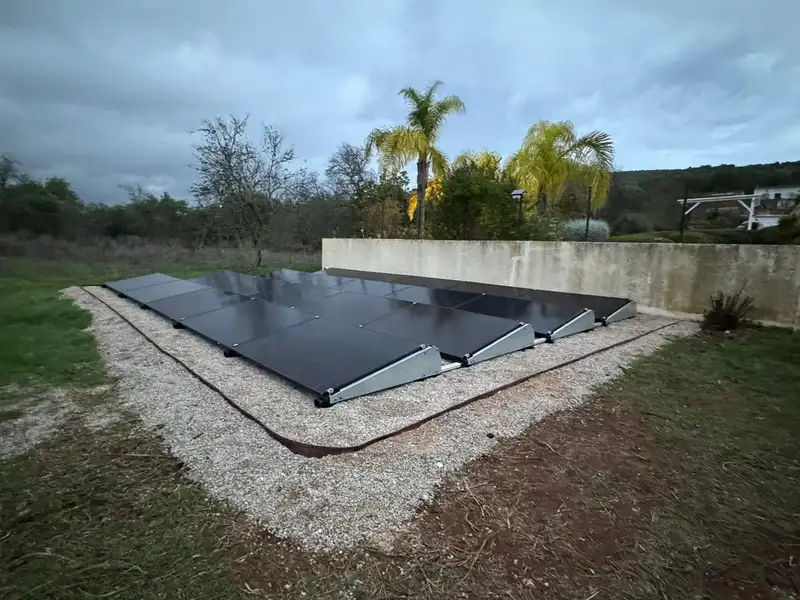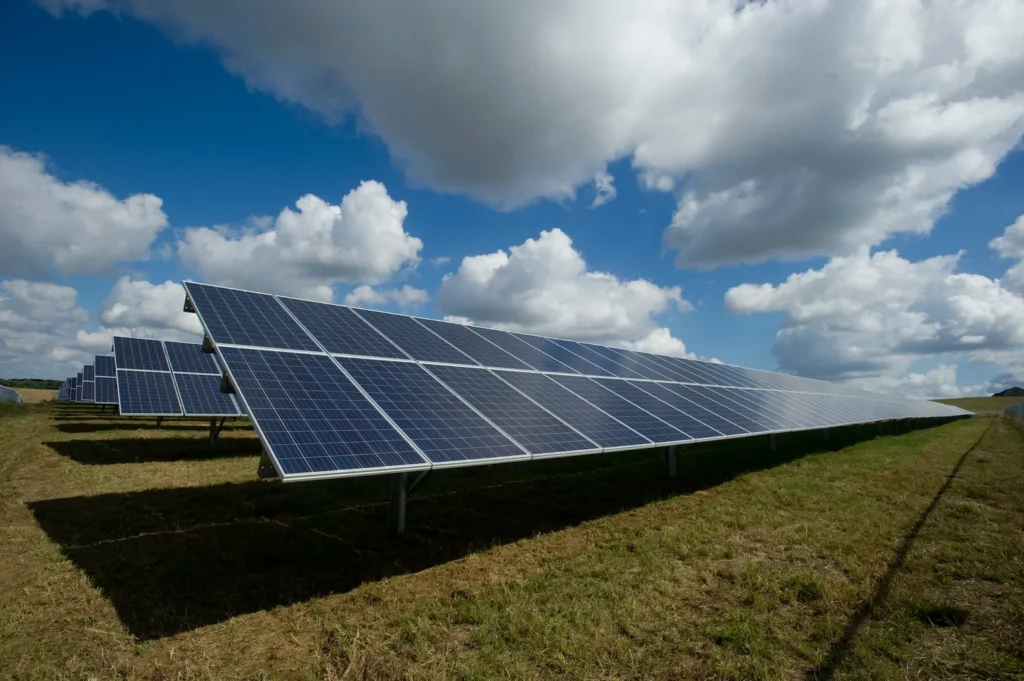Are solar panels worth the investment?
When considering whether solar panels are worth the investment, homeowners often weigh the upfront cost against long-term savings. Solar panels are not only an eco-friendly choice but also an increasingly profitable one, thanks to ongoing improvements in technology and government incentives. But is solar panel investment truly worth it? In this blog post, we’ll explore the factors that make solar panels a wise financial decision.
Understanding the Basics of Solar Panel Investment
A solar panel investment begins with the upfront cost of purchasing and installing the system. While the initial cost can be significant, it’s important to consider the long-term benefits that come with reduced energy bills. Over time, this investment can lead to substantial savings, especially in sunny regions like the Algarve, where sunlight is abundant throughout the year.
Solar power savings are a key consideration when calculating ROI. By choosing the right system, homeowners can significantly reduce their energy bills over time. (Energy.gov)
Solar Panel Return on Investment (ROI)
The image below shows how a solar panel system can pay for itself within 5 years, along with the long-term earnings over 25 years. This calculation is based on the typical 25-year factory warranty of solar panels, ensuring a reliable return on investment.
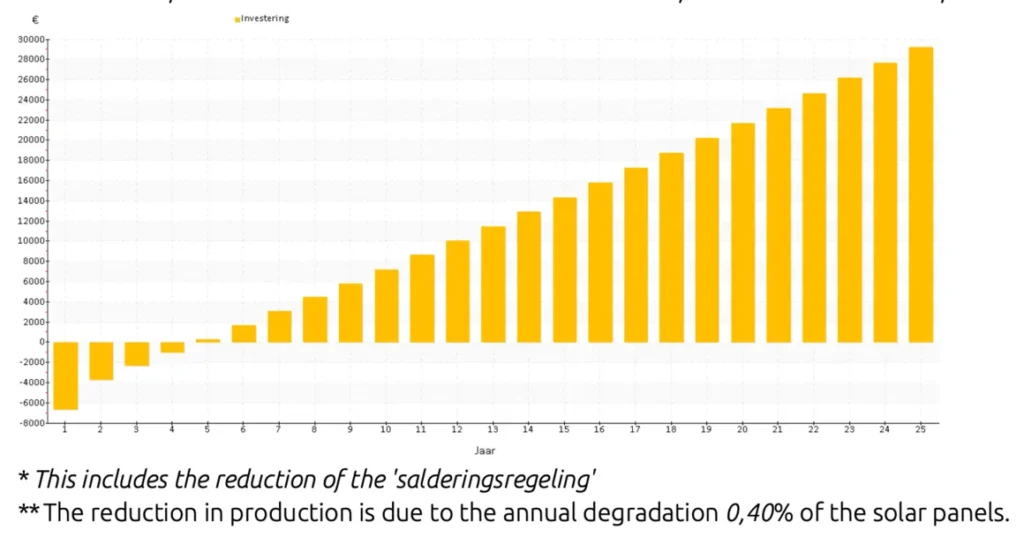
One of the most critical factors in assessing whether solar panel investment is worth it is the return on investment (ROI). A typical solar power system can pay for itself in 4-9 years, depending on local electricity rates, sunlight exposure, and the size of the system. After this period, the system generates free electricity, meaning you can enjoy the benefits of clean energy without paying for it.
The efficiency of your system will directly impact the ROI. High-efficiency solar panels generate more energy, resulting in faster payback and greater savings. Do you want to invest in solar energy and have it earned back within 5 years? click on the yellow button below and get a free quote!
The Environmental Benefits of Solar Energy
While the financial benefits are clear, it’s also worth noting the environmental advantages of solar energy. Solar energy is renewable, and by investing in solar panels, you contribute to reducing carbon emissions and combating climate change. This is an important consideration for homeowners who want to make a positive impact on the planet while enjoying the financial rewards.
Solar panels are a green energy investment that reduces your carbon footprint and supports sustainability efforts. (The Guardian)
Solar Panel Cost Savings in the Long Run
Another reason why solar panel investment is worth it is the potential for long-term cost savings. As energy prices continue to rise, solar power provides a stable and predictable alternative. Once your system is installed, your energy costs are significantly reduced, and after the system has paid off, your energy is essentially free. The long-term cost savings make this an attractive option for homeowners looking to protect themselves against rising utility rates. Learn more about solar panels in Algarve
Solar power price stability is one of the key benefits of investing in solar panels. Once installed, your energy costs remain fixed, offering protection from rising electricity prices.
How Long Does It Take to Get ROI on Solar Panels?
The payback period for your solar panel investment depends on several factors, including the initial installation cost, government incentives, and your energy consumption. Typically, it takes 7-10 years for a solar power system to pay for itself. However, this timeframe can be shorter if you live in an area with high energy prices or if you take advantage of rebates and tax credits available in your region. (SolarReviews)
In the image below you see the annual production of a solar panel system of 12 panels with each 440WP.
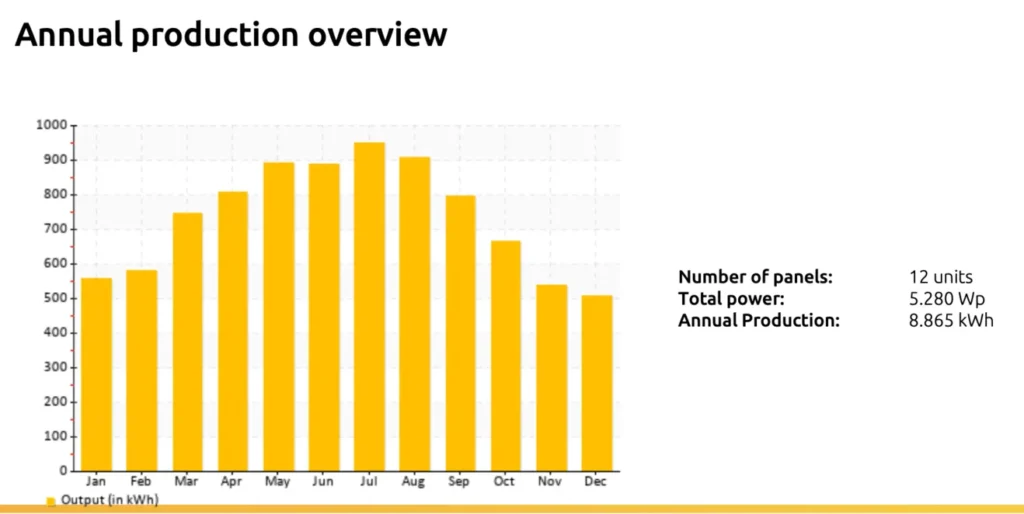
The Financial Benefits of Solar Panels
Apart from lowering energy costs, a solar panel investment comes with additional financial benefits. Many governments offer tax credits, incentives, and rebates to encourage homeowners to install solar systems. This can significantly reduce the initial cost of the system, making it even more affordable. Over the years, solar energy can also increase the resale value of your home. Buyers are increasingly looking for homes with solar systems, which means your investment can pay off when you sell your property. learn more about solar installations in Algarve
Solar tax incentives are a great way to reduce your installation cost. Check with local authorities for available rebates or tax breaks to make your investment more affordable.
How Much Can You Save with Solar Panels?
The savings from a solar panel investment vary depending on the size of the system, the efficiency of the panels, and the amount of sunlight your location receives. For example, homeowners in Portugal, particularly in the Algarve, can expect significant savings due to the region’s sunny climate. By reducing your reliance on the grid, solar power can save you hundreds, or even thousands, of euros over the years.
If you’re asking, “how much can solar panels save on electricity bills?”, the answer depends on your usage and system size. With the right investment, you can reduce electricity costs significantly. Are you curious how much you can save with solar panels in Algarve? Within only 1 minute you know! Click on the yellow button below!
Solar Power ROI for Homeowners
When considering a solar panel investment, it’s essential to understand that the ROI is not just in the form of reduced energy bills. Many homeowners also see an increase in their property’s value when they install solar panels. The cost of your system could be recovered when you sell your home, making it a smart financial decision in the long term.
A solar panel investment can increase property value, making it a smart choice if you plan to sell your home in the future.
Solar Energy: A Smart Investment for the Future
The benefits of solar panels extend beyond financial and environmental considerations. Solar energy is a future-proof investment that allows homeowners to generate their own electricity and reduce dependence on external energy sources. As technology improves and solar panels become even more efficient, your investment could yield even greater savings in the future. Find solar batteries in Portugal
The future of solar energy is bright. As technology evolves, investing in solar panels today will only continue to offer greater benefits tomorrow.
Final Thoughts: Is Solar Panel Investment Worth It?
So, is a solar panel investment worth it? The answer is yes for most homeowners. The combination of long-term cost savings, financial incentives, and environmental benefits makes solar panels a smart choice. Whether you’re looking to reduce your energy bills, increase your home’s value, or contribute to a greener planet, the benefits of this investment are undeniable.
Discover Your Solar Savings Today!
Do you want to read more solar news?
Here are the last five blog posts from Voltaicos that you might find interesting:


